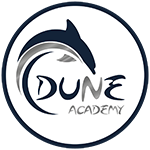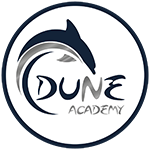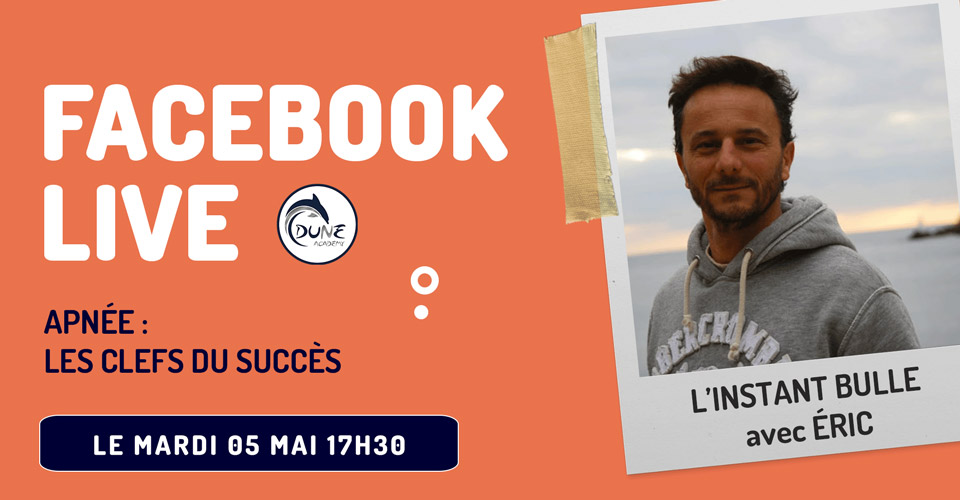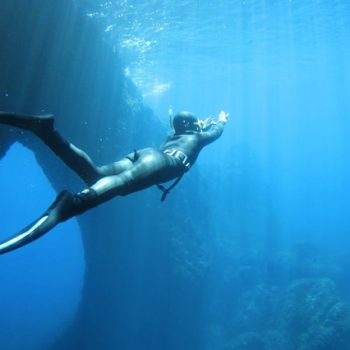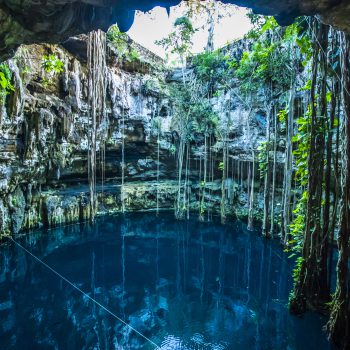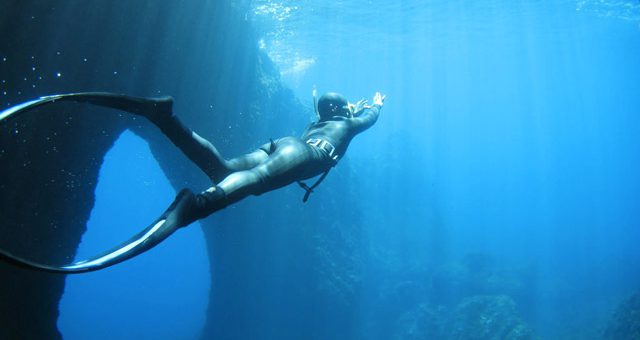
Freediving – The keys to progress outside of training
Eric Jourdan, a passionate freediver and member of the Dune Academy, offers up a new approach to freediving. Want to improve your skills but can’t get into the water 4 times a week? He’ll offer you the keys to progress in freediving, outside of training!
SUMMARY:
- The keys to progress in freediving, outside of training: the body
- The keys to progress in freediving, outside of training: the mind
- The keys to progress in freediving, outside of training: understanding
- The keys to progress in freediving, outside of training: comfort and safety
- The keys to progress in freediving, outside of training: teamwork
The keys to progress in freediving, outside of training: the body
Practice remains essential, of course, especially because it brings us joy… but there are many factors that will feed directly into your pleasure, your well-being and your desire to practice regularly and continue to progress! These are transversal subjects to many sports, but especially freediving – where passion is a practice that brings us back to ourselves, to the foundation of life, to breathing, listening and self-knowledge.
The first suggested avenue of progress, which offers the most significant room for improvement in your practice – and starts working instantly – is food!
Who pays attention to their diet in the 48 hours before training? And yet… after we train in the water, we generally say to ourselves, “Today I was in good shape,” or “I was not in good shape.” We feel it in a passive way, as if it were just a coincidence! What if we could take control?
The second avenue for improvement is sleep!
Regulate your sleep, meet your optimal number of hours, keep to a schedule, prepare for training with rest the day before, or even the day before that! Creating the conditions to be well in the water, and have fun, makes all the difference…
The third area for improvement is hydration!
Who has water with them and drinks while training? 10% dehydration means 30% less performance! In the water, our bodies get dehydrated… But do you know why? It’s not just the cold, but also the weightlessness… which affects the distribution of liquid volumes in the body, analyzed by sensors in the chest. This equates to accelerated dehydration and fatigue, both during and after! Stay hydrated, without feeling thirsty… if you drink water, you’ll be able to do an 8-hour session without getting tired!
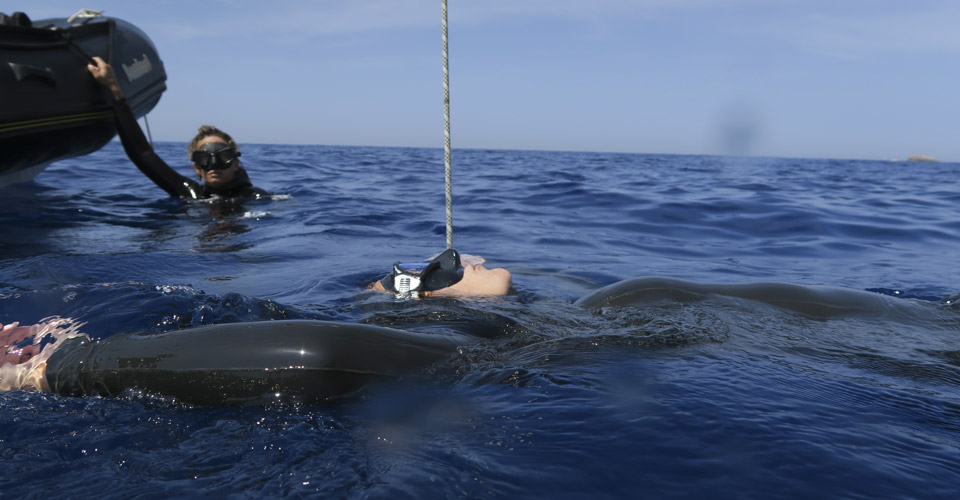
The keys to progress in freediving, outside of training: the mind
These first 3 keys are not training, but remain essential for performance – and offer areas for immediate improvement. You can see the results as soon as you hit the water, from the first breath! The better the conditions you create for your practice, the more you’ll free yourself from constraints, and the more relaxed you’ll be to perform, whatever your abilities. What’s more, when you feel good you’re even more motivated to return and progress further… Making memories is a true engine for motivation…
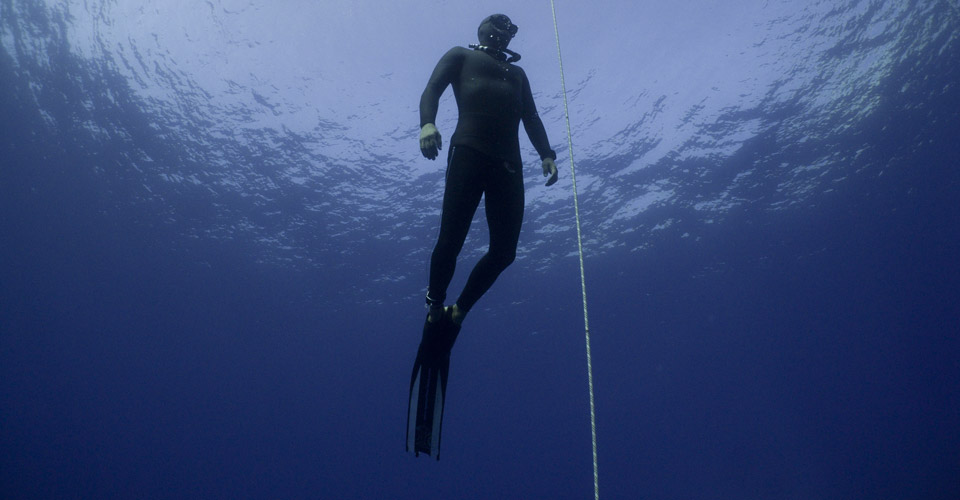
Another major key to progress is « understanding. »
Understanding what’s happening, what we’re doing, that it’s possible, that we’re capable… These are also essential keys to progress! Verbalization and visualization (sketches etc.) are vital to the process. Why do we progress more with a teacher than a performer? Well it’s true that some are both, and that’s great…😉 But surprises can have devastating effects on freediving performance in particular! Being able to know what awaits us, what kind of sensations to look for, and how to share our feelings, is just as important as being experienced!
So YES it’s good to train, yes it’s good to learn technique, to have fun with an “auto vent” and a balloon… YES it’s good to work on hypoxia and hypercapnia by doing exercises, it’s even very good! But the body adapts very slowly and gradually… To progress better, faster, and almost instantly, try implementing the above. It can lead to much faster progress, so you can get to what we all dream about: PLEASURE!
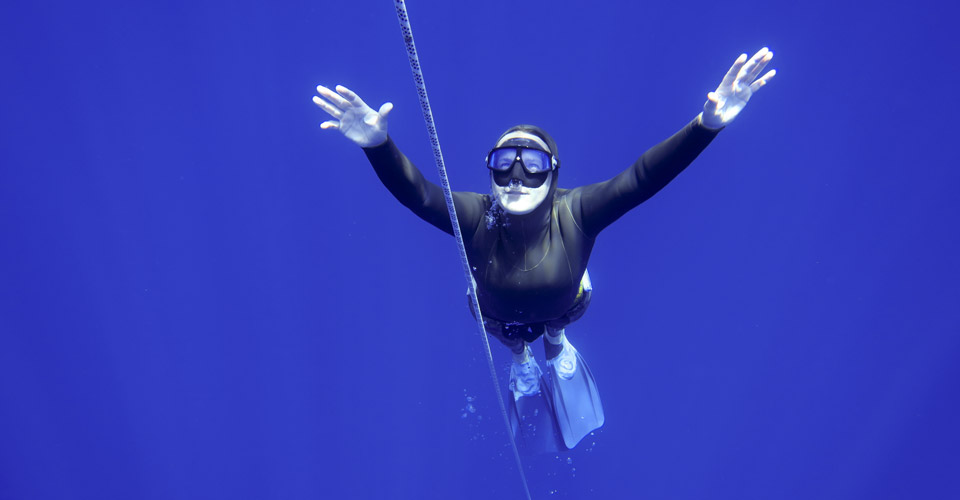
The keys to progress in freediving, outside of training: comfort and safety
Feeling comfortable in the water is another essential part of progress
Comfort is the good stuff, revolving around knowledge and trust… you simply can’t perform well without it!
It starts with the warm-up. Warming up is mainly about mobilizing the muscles you’ll need, particularly around the rib cage…much more than blood flow, it’s about relaxation! A muscle engorged with blood consumes more energy! So we keep to cold stretching, mobilizing the muscles in their elasticity… A lot of this can be done without heating the leg muscles, including constant and precise movements to limit blood flow…
Comfort in the dive site is key as well… Knowing it well and preparing for the unexpected brings us comfort and reassurance! We’ll be better in the water, and better in our performance!
Safety is another essential part of progress
True security is tied to risk. Your guide, your supervisor, is there to implement it. But above all, you’ll have to manage what I would call “perceived risk:” it’s not real and therefore not necessarily taken into account, but remains key to your progress and performance!
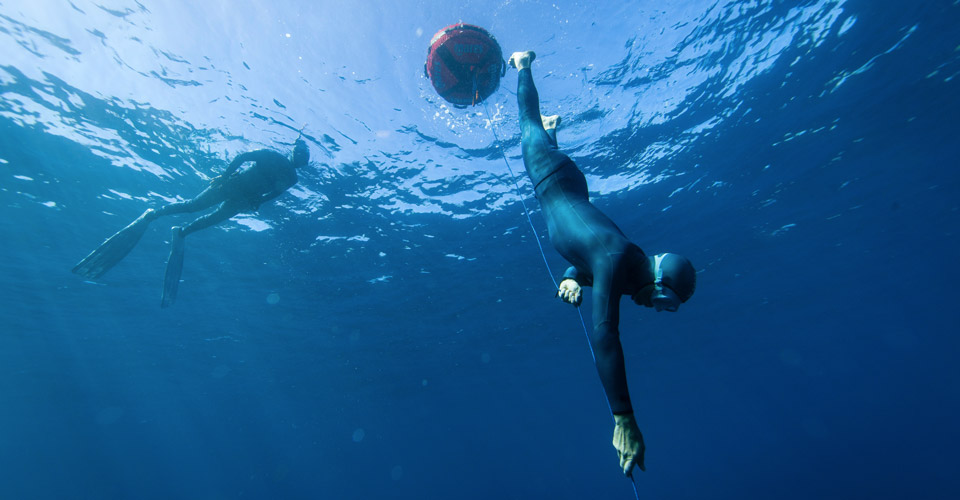
The keys to progress in freediving, outside of training: teamwork
Improving performance means having confidence in your partner!
You won’t perform your best if you don’t trust your diving buddy. They don’t have to be at the same level as you, but they must be reliable. How do we create this trust? Say what you do, do what you say, and leave nothing up to chance! You can take risks, but make sure they’re being communicated. A key part of progress is always remembering that freediving is a team sport! Stay centered: keep external disturbances to a minimum so they won’t influence your performance!
Not all keys to progress are linked to physiological adaptations of the body following training, or technical exercises… and yet they’re vital to performance and I’m thrilled to have had the opportunity to present them to you.
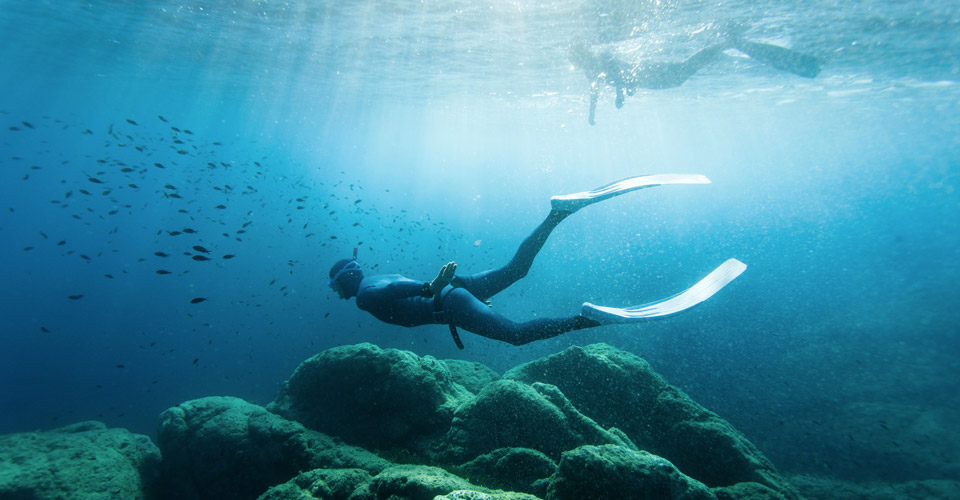
Author, Eric Jourdan – presentation
My name is Eric, and if you consider being immersed in the water without a tank as freediving, I can say that I’ve been doing it for over 45 years. It started as a game, a hobby, a way to catch fish… And then the practice became more regular and grew to be a real passion I wanted to share! I became a freediving instructor in 1994, in the first or second session of a new instructor… I learned alongside famous freedivers like Claude Chapuis and Jean Michel Pradon… at the very beginning! It was a period of record-breaking rivalry between Pipin and Umberto, in the late 1980s and early 1990s… I experienced and participated in the evolution of freediving, with the first competitions and first world championships in 1996 and 1998. This led to the practice of modern freediving, with more framework and structure than we know today…
Whatever the discipline, a trainer will tell you that it takes 4 workouts per week to progress – that with only three workouts you’ll stagnate, and with two, you’ll regress! I can tell you that apart from maybe the 2 world record holders at the time, no one was training four times a week in the 1990s! There was no professional body, little media, and no social networks… Freediving was both a global (because there were practitioners on all continents) and confidential sport, that was barely emerging. At the start of the 1990s, constant performance barely exceeded 60m for 2 or 3 divers. This is why the leaps in progress were gigantic in the 20 years that followed! Athletes have become professionals, the practice has become democratized, but above all, knowledge and technique – especially around physiology and specific training – have evolved enormously!
However, without any special training, we regularly moved into depths of 40 to 50m and more without understanding exactly what was happening to our bodies, or ever getting into a pool to practice! It was very “empirical,” and we often discovered our limits by hurting ourselves! So I won’t tell you that this is how it should be done, or that training is useless, of course, but just that we talk a lot about specialized training, and very little about all the rest that also contributes to freediving progress! For me, this is essential: there are avenues for progress that are far more important and faster than training itself, because you can feel the effects immediately!
Copyright : R. Demaret – G. Piazzalo
- On 6 October 2021
